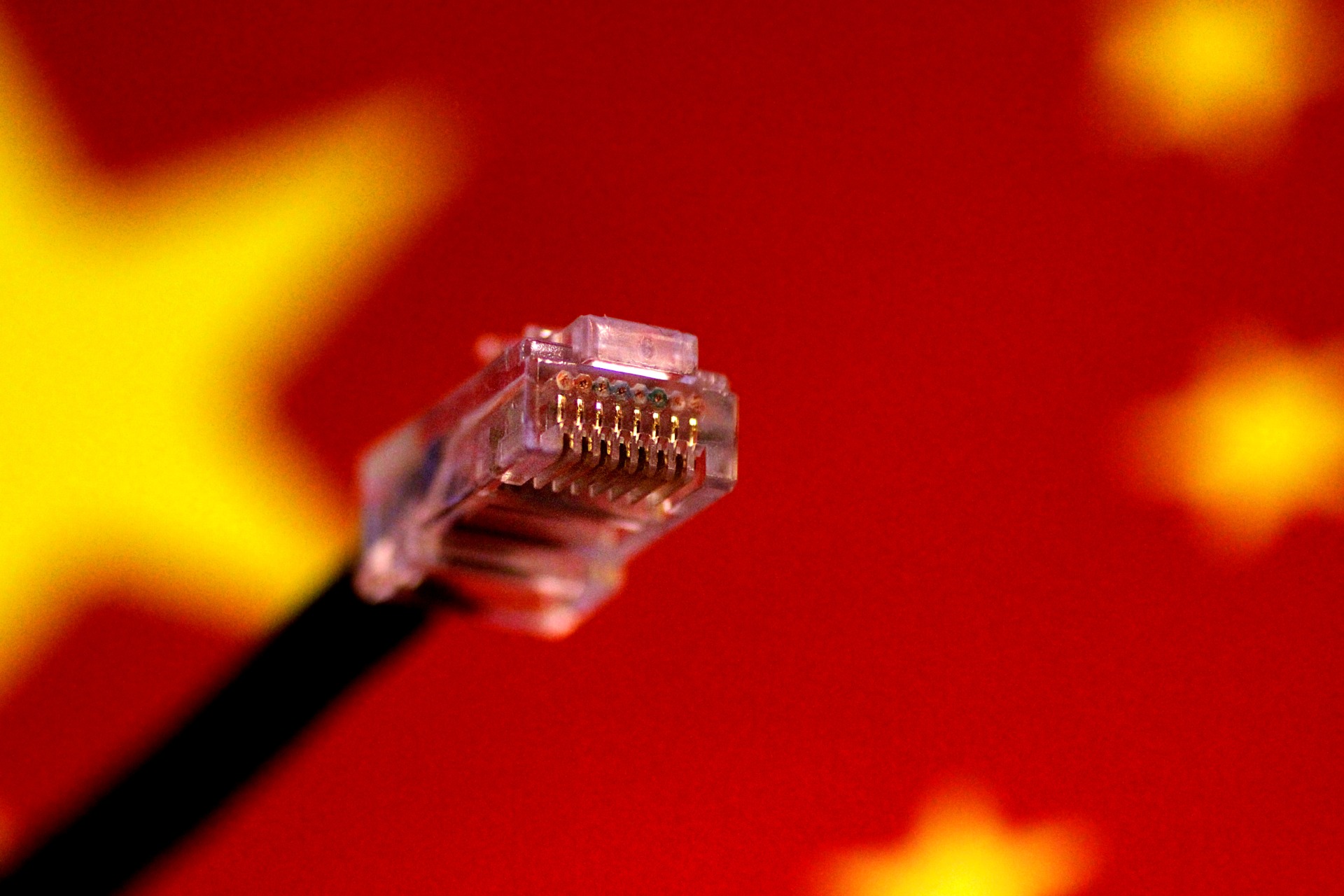2019: The Beginning of the End of the Open Internet Era
In the next decade, China will establish a separate root system for their share of the internet. This will mark the end of the global internet era. When the root splits, the United States and its allies should establish a coalition of democratic nations that would offer a stark choice and clear alternative to the Chinese internet governance model for the rest of the world.

By experts and staff
- Published
By
- Robert K. KnakeWhitney Shepardson Senior Fellow
At some point in the next decade, the Chinese government, with the support of Russia and other authoritarian regimes, will move forward with plans to establish a separate root system for their share of the internet. When the split happens, we will mark it as the end of the global internet era. When the history of that event is written, we will identify a series of seminal events in 2019 that were harbingers of what was to come.
Long a point of contention, control of the root, the top-level system for resolving requests for web addresses, has been hotly debated within internet governance circles. The Obama administration moved forward with long-stalled plans to devolve control of the root from the U.S. Department of Commerce to ICANN as an independent organization with the goal of placing the internet firmly in the hands of the private sector and out of the realm of great power politics (full disclosure: I had a hand in making that decision). For its part, ICANN has worked to placate the Chinese by establishing more instances of root servers in the country.
Unfortunately, these efforts have done little to slow Chinese ambitions to break from the global internet. The reason is simple–a global internet that is open and free is not compatible with a Chinese state that views openness and freedom as a threat to its stability.
When the Chinese government takes this step in the next year or decade, it will be careful to emphasize that it did so in the interest of “stability” for the internet, playing on both the technical and Orwellian meaning of the word. Redundancy, or alternate instances of network infrastructure, it will argue, is a good and necessary step, given the importance of internet communications to modern life.
For a long time, maybe months, maybe years, the Chinese-controlled system will simply replicate the root zone file from the ICANN controlled root, providing the exact same name resolution as the domain name system that ICANN manages. But then one day, amid escalating geopolitical tensions, China will drop the .tw routing information from its server, and, with a few keystrokes, drop Taiwan off the internet for half the world’s population.
What China will have done is what they always feared the United States would do: use its control of the internet root as a geopolitical weapon. Soon after, the Chinese government will use its newfound power to pressure other countries and companies to censor themselves or risk being similarly blackholed.
When this happens, it should come as a surprise to no one paying attention today. 2019 was the year that China’s intention to use the internet as the backbone of its surveillance state came into clear focus. While perfecting that model at home, China has also been busy exporting it to other authoritarian regimes. According to Freedom House, an independent watchdog organization, through its state-owned enterprises and other closely aligned companies, China has begun to help at least eighteen countries that are in the process of constructing such networks.
While technically behind the Chinese in implementing their vision of a closed internet, the Russians have taken steps to set up the legal framework to realize that vision. In March, Russian President Vladimir Putin signed a law that made it a crime to spread “fake news” or criticize authorities on social media. In November, President Putin signed Russia’s “Internet Sovereignty” law, mandating that internet traffic flow through a series of government-controlled choke points, thereby giving himself the ability to disconnect Russia from the global internet.
When the root splits, the only question will be how much of the world’s population is on which side of the split. Here, the United States and its allies are not powerless. While our ability to get Chinese and other authoritarian regimes to accept online freedoms is only as powerful as our ability to get these regimes to accept real world freedoms, we can use diplomatic levers to establish a coalition of democratic nations that would offer a stark choice and a clear alternative to the Chinese-controlled system for the rest of the world.
In Foreign Affairs, Richard Clarke and I proposed creating an Internet Freedom League that works to overcome differences in internet governance with our European allies and seeks to draw Brazil, India, and other countries into a digital trade pact that would reinforce the value of an internet that is open, interoperable, secure, and reliable, if no longer global. Making progress toward that should be the goal for 2020.